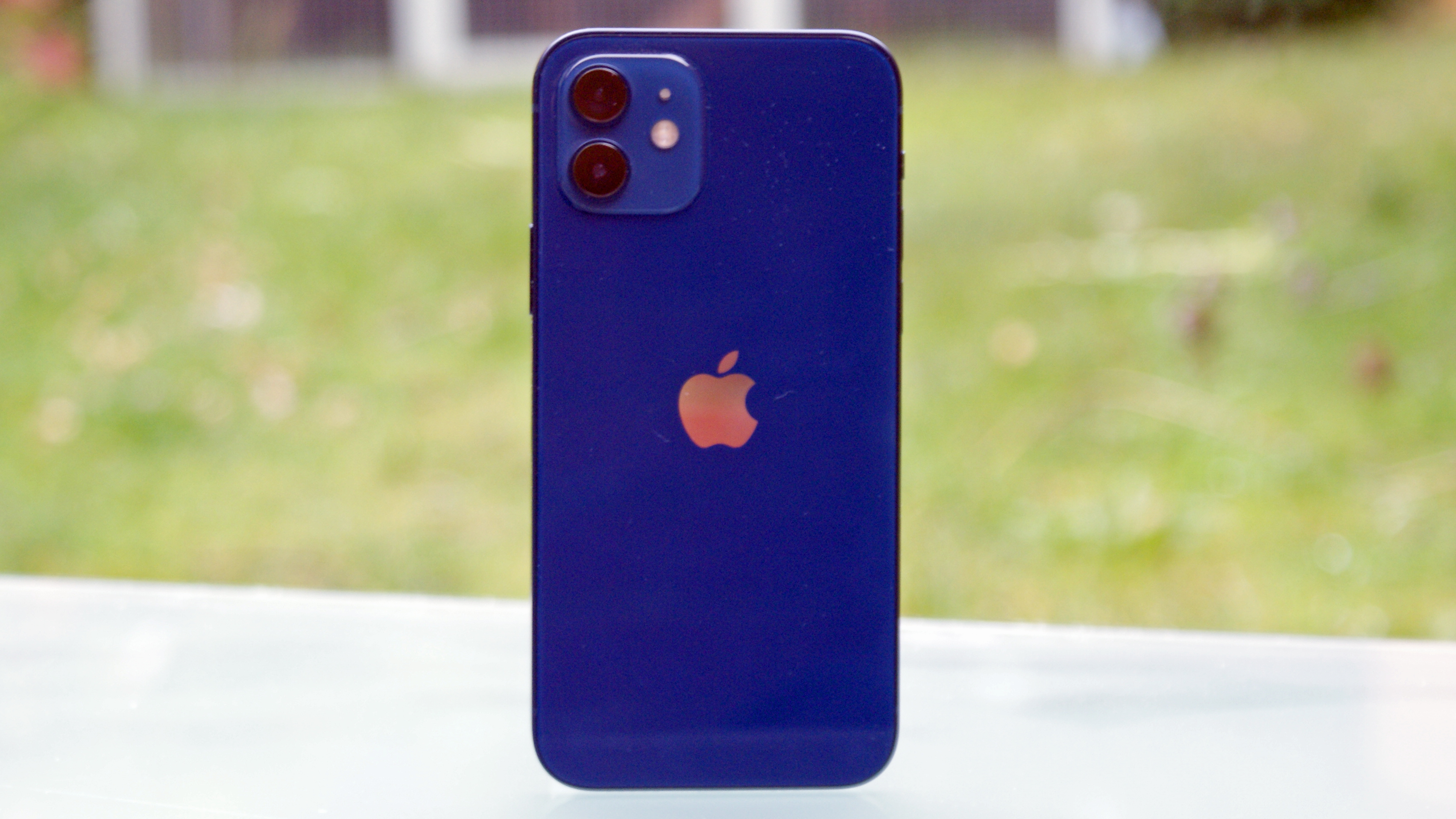iPhone 12 delays don't seem to have hurt Apple – so could it hold back the iPhone 13?
This year a delay could be intentional

Sign up for breaking news, reviews, opinion, top tech deals, and more.
You are now subscribed
Your newsletter sign-up was successful
In 2020 the iPhone 12 series launched later than expected – while September smartphone launches had been the norm for Apple, the iPhone 12 arrived in October. However, while the delay was in large part due to circumstances beyond Apple's control, it appears to have worked well for the brand – and it's something Apple could seek to repeat with this year's iPhone 13.
According to analyst firm Counterpoint Research, "the decision to delay the launch of the iPhone 12 appears to have paid off", in two respects.
First, apparently the iPhone 12 delay gave the iPhone 11, and iPhone SE (2020) more time in the spotlight to rack up sales, and also to demonstrate to Apple fans the longevity of the brand's phones (to show they wouldn't be supplanted straight away).
- These are the best iPhones
- Check out our iPhone 12 mini review
- The Samsung Galaxy Note 21 is coming too
Second, this later release built demand for the phones a little more – anyone following TechRadar and other tech news outlets in that period saw the huge amount of news around the devices, which got people more excited for the upcoming phones.
On the face of it, iPhone sales took a hit last year – Apple sold 41.3 million phones in 2020, which, according to Counterpoint, was 1% less than in 2019. However, other brands have seen sales fall by more, with Samsung down 12% and Huawei down 43%, so in a tough year those numbers could be seen as a victory for Apple.
What about the iPhone 13?
The iPhone 12's delay was likely partly down to the myriad effects of Covid-19, but the pandemic likely won't be as big a factor in 2021 with the iPhone 13 series, if it's a factor at all. So will the next generation of phones be delayed too?
It's notable that neither of Counterpoint Research's observations refer to the Covid pandemic explicitly – both the building of hype around the iPhone 12, and the increased sales of Apple's older phones, weren't direct consequences of the pandemic, but rather consequences of the iPhone 12 delays caused by the pandemic, and at the moment there's no reason to believe unforeseen global events will affect the iPhone launch date.
Sign up for breaking news, reviews, opinion, top tech deals, and more.
However if Apple returns the iPhone 13 launch date to September, it'll mean the iPhone 12 series gets a relatively limited time in the spotlight, which would be borderline scandalous for a generation with four new devices. Moving back to the earlier slot would go against Counterpoint's first evidence of the iPhone 12's success.
So what about the building of hype? While this is really hard to quantify, it's worth pointing out that Apple still held a September 2020 event, in which it showed off the iPad 10.2, iPad Air 4, Apple Watch 6 and Watch SE. If Apple had also released four new smartphones, bringing the total products launched to eight, none would have gotten the time they deserved to shine.
It seems, then, that staggering its product launches is the only way Apple can cope with having loads of different devices launching at once. Deliberately holding back the launch of the iPhone 13 would give Apple Watches and iPads, as well as the iPhone 12, more time to shine – and rack up sales.
This is all just speculation at this point of course, and it's almost impossible to tell what Apple will do ahead of time (despite the claims of various leakers). We'll have to wait until later this year to get a better idea of the company's plans for the launch of the iPhone 13 and its other 2021 devices.
Via 9to5Mac

Tom Bedford is a freelance contributor covering tech, entertainment and gaming. Beyond TechRadar, he has bylines on sites including GamesRadar, Digital Trends, WhattoWatch and BGR. From 2019 to 2022 he was on the TechRadar team as the staff writer and then deputy editor for the mobile team.